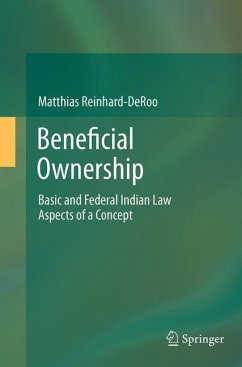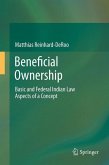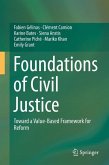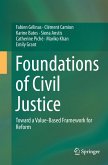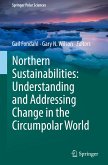The hunt for beneficial owners is on. Like an elephant, the beneficial owner hides in the jungle of complex legal structures, waiting to be discovered by eager prosecutors. But what lies behind this metaphor? What is a Beneficial Owner? Is beneficial ownership a right? What does this right encompass? What is the value of this right compared to other rights? And if beneficial ownership is not a right, is it still a legally relevant relation? How do courts, namely the U.S. Supreme Court deal with the concept? When do Anglo-American judges and European scholars resort to the concept?
This book approaches these questions from two perspectives: legal fundamentals and the field of U.S. federal Indian law. Both legal theories and case law are scrutinized with the aim to find a better understanding of the basic conception and characteristics of beneficial ownership. Federal Indian law has been chosen for the study of the concrete implications of the beneficial ownership concept in what Roscoe Pound referred to as "the law in action." To some, this choice of legal field might seem somewhat unusual. What answers could federal Indian law possibly offer with regard to pressing questions from the financial industry? As always, there is a short and a long answer. The short answer is that the analysis of an equally sophisticated field of law can open new perspectives on a given field of law. For example, not only potential criminals and tax evaders but also members of an older civilization are beneficial owners. The long answer can be found in this very book.
This book approaches these questions from two perspectives: legal fundamentals and the field of U.S. federal Indian law. Both legal theories and case law are scrutinized with the aim to find a better understanding of the basic conception and characteristics of beneficial ownership. Federal Indian law has been chosen for the study of the concrete implications of the beneficial ownership concept in what Roscoe Pound referred to as "the law in action." To some, this choice of legal field might seem somewhat unusual. What answers could federal Indian law possibly offer with regard to pressing questions from the financial industry? As always, there is a short and a long answer. The short answer is that the analysis of an equally sophisticated field of law can open new perspectives on a given field of law. For example, not only potential criminals and tax evaders but also members of an older civilization are beneficial owners. The long answer can be found in this very book.

